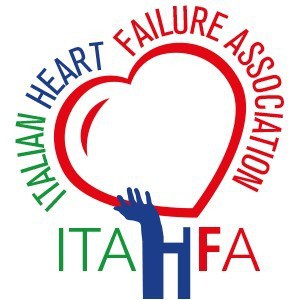Video
ESC 22: The EMMY Trial: Empagliflozin in Patients with Acute MI
Published: 30 Aug 2022
-
Views:
 1090
1090
-
Likes:
 0
0
Average (ratings)
No ratings
ESC Congress 22 — In this short interview filmed on-site at the 2022 ESC Congress, we are joined by Prof Harald Sourij to discuss the findings of the EMMY trial (NCT03087773) on the impact of empagliflozin on cardiac function and biomarkers of heart failure in patients with acute myocardial infarction.
476 participants with acute MI were included in the trial, and were randomised to receive either 10mg of empagliflozin, or placebo.
Questions:
1. What is the rationale behind this study?
2. What was the study design and key findings?
3. Based on these findings, how does empagliflozin compare to alternate treatments for MI?
4. What do these findings add to current research on empagliflozin, and what are the unanswered questions?
Recorded onsite at ESC Congress 22, Barcelona.
Interviewer: Mirjam Boros
Videography:
Editor: Jordan Rance
" - My name is Harald Sourij, I'm from the Medical University in Graz and I'm heading there the Interdisciplinary Metabolic Medicine Trials Unit.
Rationale Behind This Study
The EMMY Trial was started after we have seen the first results of SGLT-2 inhibitors. And we now know that there are beneficial effects of the SGLT-2 inhibitors in heart failure across the entire range of left ventricular ejection fraction. And we see also a very early effect after the initiation of the treatment. So keeping that in mind, and the fact that myocardial infarction is a frequent reason for heart failure, we saw it might be beneficial to start early after an acute myocardial infarction with an SGLT-2 inhibitor treatment and see where this is leading, whether this can have some beneficial impact on cardiac function, on cardiac structure, and biomarkers of cardiac function.
Study Design and Key Findings
We performed a randomised controlled placebo-controlled blinded trial and we enrolled 476 participants and they were basically equally allocated to one of the treatment groups. And we included them right after the acute myocardial infarction, so within 72 hours and we brought them back in for another visit 6 weeks later, 12 weeks later, 26 weeks later. And the primary outcome of the study was the change in Nt-proBNP at week 26 between the two groups and of course, cardiac function and structural imaging on echo.
Empagliflozin Compared to Alternate Treatments for MI
Well what we have seen is that the Nt-proBNP levels were 15% lower with Empagliflozin as compared to placebo, which was statistically significant. We have also seen an improvement in left ventricular ejection fraction and diastolic function parameters and we have also observed a reduction in left ventricular end systolic and end diastolic volumes, giving us kind of a robust picture of beneficial effects with Empagliflozin in this cohort.
How These Findings Add to Current Research and Unanswered Questions
We had the data in heart failure, there is now more and more data emerging in kidney function, we had diabetes data, but thus far we didn't have a lot of data with Empagliflozin in myocardial infarction, so this is a first important step, but of course it's not an outcome trial yet. Although the data looks intriguing, we of course need to wait for the DAPA-MI and for the EMPACT trial to give us the definitive answer.







